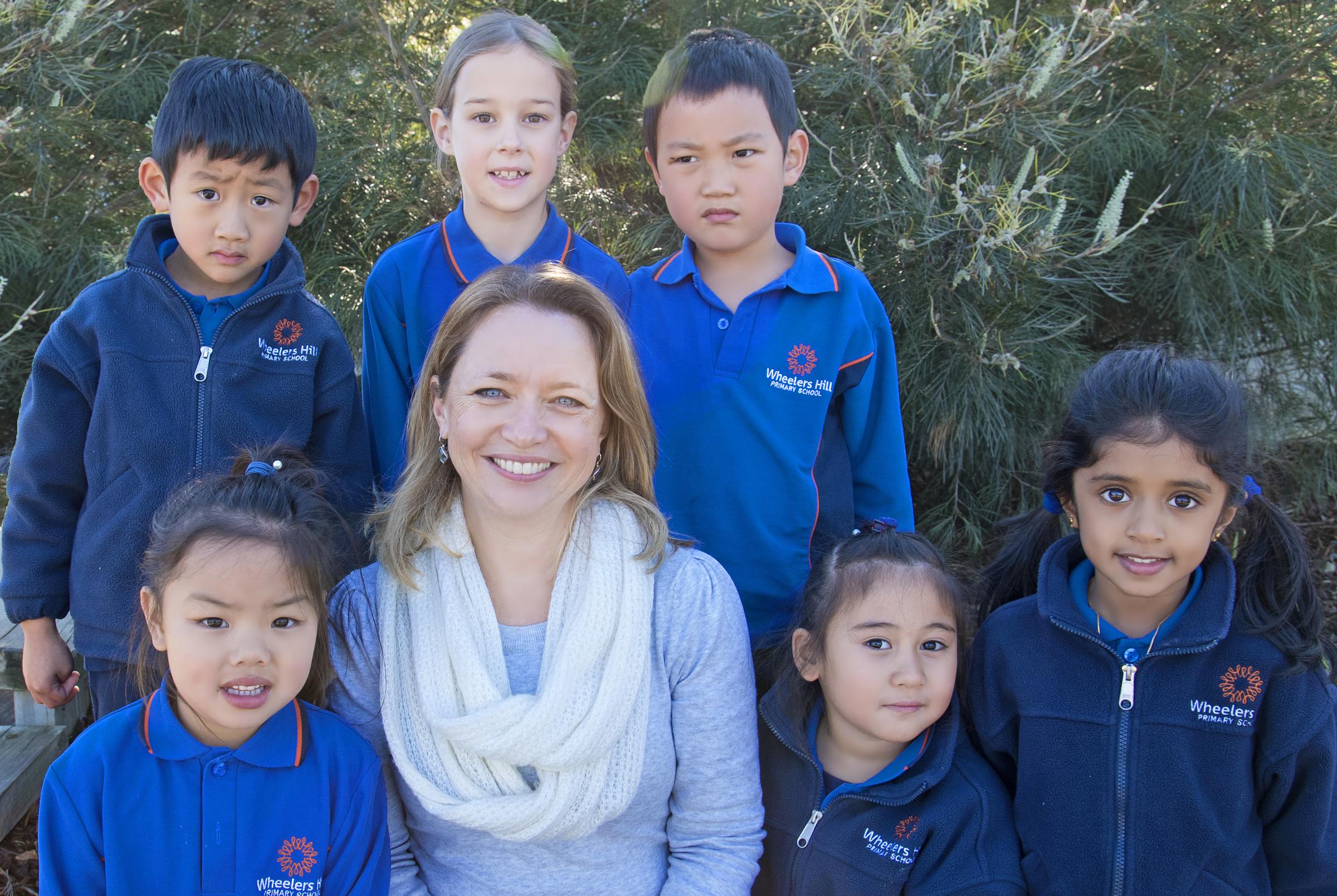Assistant Principal
Katrina Spicer - Wellbeing and Inclusion

Assistant Principal
Katrina Spicer - Wellbeing and Inclusion
It is cold and flu season once again. There are currently lots of germs circulating in our school community, including Influenza A, Covid and other illnesses with cold and flu like symptoms. If your child is unwell, please keep them at home. Test for Influenza and Covid, and if your child does test positive for Covid, follow the recommended health advice which is to isolate for five days after testing positive.
Department of Health Covid 19 advice.


Symptoms of influenza (flu) can hit very quickly and may last several weeks. Vaccination is the best way to protect yourself and others from getting the flu.
Keeping our school community well
Parents, carers and students are encouraged to practice prevention measures, including:
Flu vaccinations
Flu vaccinations can be booked through GPs and pharmacies, many of which can also provide COVID-19 vaccinations. Flu vaccination is recommended for everyone aged 6 months and over.
Katrina Spicer
Assistant Principal for Wellbeing and Inclusion
katrina.spicer@education.vic.gov.au


By Michael Grose
Parents can promote persistence by encouraging their children to keep going and not give in at the slightest hurdle or difficulty.
"Persistence and patience have a magical effect before which difficulties disappear and obstacles vanish." - John Quincy Adams.
The ability to persist at a task and see it through to the end is one of the most important success attributes that you can develop in a child.
There are numerous times every day when children must persist rather than give in. A young child learning to tie shoelaces must persist. A primary aged student must show determination to finish tasks and a secondary student needs to work through difficulties, particularly those they don't understand or complete right away.
They need to be able to persist when work gets hard or life gets tough. They need the 'stickability' to work through difficulties and hang in there when things don't go their way.
Some children are more naturally predisposed to persist than others. They have a determined, even competitive streak in their temperament that doesn't allow them to give in. These children and young people can drive themselves very hard to succeed.
The results of the Australian Temperament Project show that persistence is the one temperamental factor that can be improved over time. Parents and teachers can develop persistence in children and also impede its development by making life too easy for children so that they don't have opportunities to persist or hang in there.
Parents can promote persistence by encouraging their children to keep going and not give in at the slightest hurdle or difficulty.
Parents can be a sounding board for children's gripes but they should show confidence in their ability to cope and get through their difficulties. "You can do it" is far more powerful in terms of promoting an attitude of persistence than "If it is a little too hard then try something else".
Let children know that there is a correlation between effort and success. In fact, they need to learn that by GIVING EFFORT they will more than likely experience more success. The ability to persist in the face of difficulties may be an old-fashioned quality but it is one of the best success attributes that children will ever develop.
Here are four practical strategies you can use to promote a sense of persistence in your children:
Develop a vocabulary for persistence
Words like "Hang tough", "Work hard" and "Hang in there" can become part of their everyday vocabulary.
Point out to children when they stick at a task
Most parents know it pays off when they catch their children being good but it also pays off to catch them being persistent. The behaviours you focus on as parents expand so let them know when they have been persistent. Also remind them that persistence generally pays off.
Help children to remember
Remember times when they experienced success by HANGING IN when they were younger. Let them know that persistence has paid off before and it will again.
Talk about HARD WORK with your children
They need to understand that to be successful they need to do things that are NOT fun or easy. While it would be good if all work and learning was fun, in reality, this is not always the case.
Our school subscription to Happy Families allows access to the Happy Families website to all members of our school community.
Families can access the Happy Families website at: https://schools.happyfamilies.com.au/login/whps
Password: happywhps